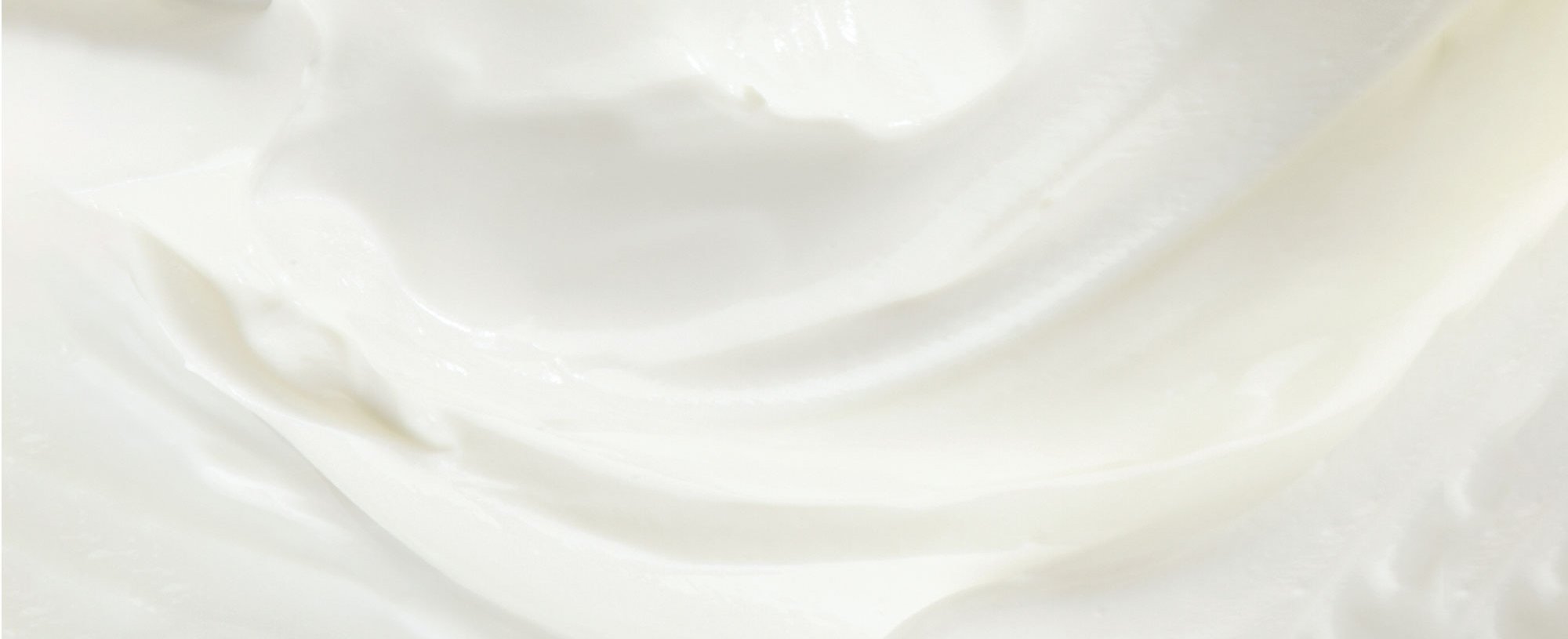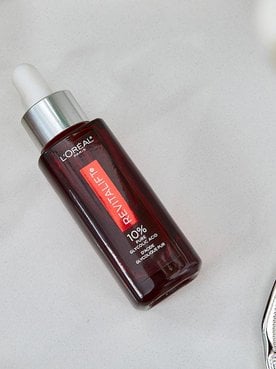With so many skin care concerns to keep track of it’s easy to fall down a search engine rabbit hole when you’re trying to identify symptoms. If you’re experiencing extremely dry skin you could actually be dealing with eczema. If you’ve never experienced it before you may be asking what eczema is, what does eczema look like, and how to treat it. This skin condition is extremely common, though if you haven’t had it yourself you may not know much about it. So to make things a little easier and to help you skip the endless search, we’ve compiled some important information on what causes eczema causes, plus different types of eczema to know about.
What Is Eczema?
You’ve likely heard the term being used, but what exactly is eczema? The word eczema means irritated skin, according to the American Academy of Dermatology (AAD), and is also referred to as dermatitis. Eczema typically appears as itchy skin, and it can look different on different people. The AAD states that eczema can present as red bumps, dry skin, itchy skin, oozing skin, and more.
You may hear eczema referred to as “the itch that rashes” because according to many skin care experts it often begins with itching, and scratching that itch causes the irritation to spread.
What Causes Eczema?
According to the AAD, doctors aren’t sure why some individuals end up with eczema while others don’t, but there are some theories. Factors such as eczema running in your family, asthma, allergies, and living in a polluted climate could contribute to experiencing incidents of eczema. Moreover, eczema isn’t always active, meaning eczema can be dormant but appear on the skin’s surface when triggered by certain things. Some common triggers, per the AAD, include licks from a pet, scratchy clothes (like wooly winter sweaters), excessive sweating, harsh soaps and detergents, certain cosmetics, cleaning products, and dust.
If you have eczema, you don’t have to worry that you’ll give it to a friend—it’s not contagious. The National Eczema Association backs this up, confirming that eczema is not something that can be caught.
Different Types Of Eczema You Should Know
If you think you’re experiencing eczema symptoms, the best course of action is to visit a board-certified dermatologist. They’ll be able to help you identify whether eczema is what you’re experiencing and, if you are, help come up with a treatment plan. Keep in mind that there are different types of eczema and they may necessitate different treatments, so what works for one person may not work for you. In the meantime, here are six types of eczema to keep on your radar.
1. Atopic Dermatitis
Atopic dermatitis is a common skin disease in children that typically shows up within the first year of life, according to the AAD. This form of eczema includes dry, scaly patches that often appear on the scalp, forehead, and face.
2. Contact Dermatitis
The AAD states that everyone experiences contact dermatitis at least once in their life, as this type of eczema is acquired upon contact with a skin irritant. Some common causes of this rash include poison ivy, diaper rash, and soap.
3. Dyshidrotic Eczema
Also known as foot-and-hand eczema, per the AAD, this type of eczema involves small, deep-seated blisters typically on the hands or feet that result in dry, cracked skin after the blisters have cleared.
4. Neurodermatitis
The AAD states that neurodermatitis can be identified as an itchy patch that can appear anywhere on the body—most commonly the arm, leg or back of the neck. The itchiness of this type of eczema is typically severe and is caused during a period of stress, though will persist after a stressful time subsides, according to the AAD.
5. Nummular dermatitis
Nummular dermatitis is when coin or oval-shaped sores form on the skin, often after a skin injury such as a burn or insect bite, notes the AAD.
6. Stasis Dermatitis
Also referred to as venous eczema, the AAD says that stasis dermatitis occurs in individuals who have poor circulation. This poor blood flow is common on the legs and can result in swelling around the ankles, discolored skin, and varicose veins.
7. Seborrheic Dermatitis
This condition mainly affects the scalp as per the Mayo Clinic. It causes scaly patches, red skin and dandruff. Seborrheic dermatitis can also affect oily areas of the body, such as the face, the sides of the nose, the eyebrows, ears, eyelids and chest. In babies, seborrheic dermatitis is commonly referred to as cradle cap and may go away without treatment.
Next: Can You Get Rid of Cellulite?
Edited by: Shalwah Evans







